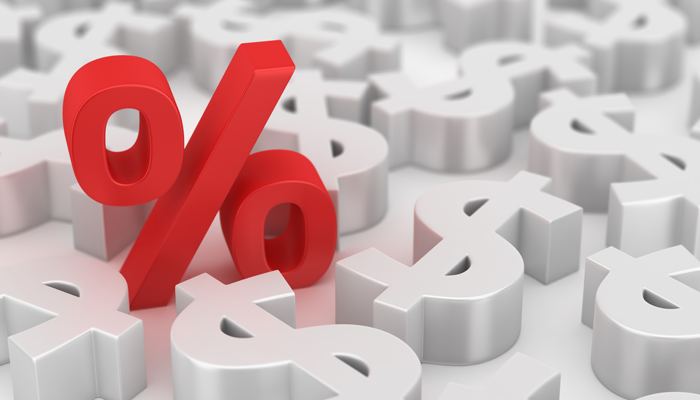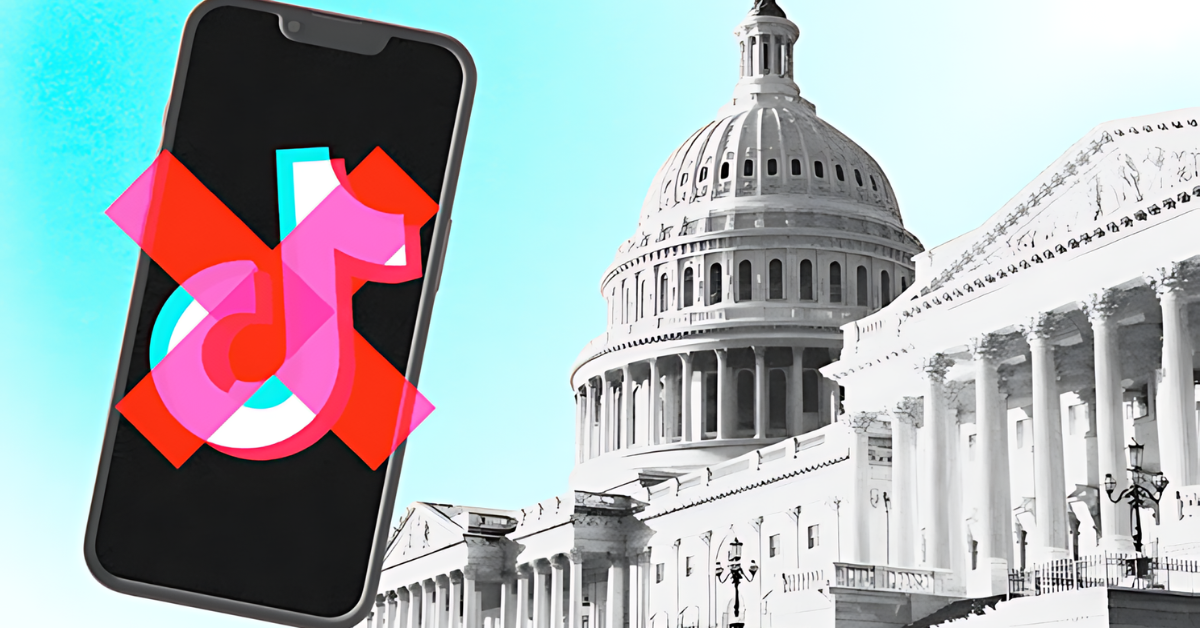Overnight Interest Rate to 4.5 Percent
The Bank of Canada raised its key interest rate by a quarter of a percentage point on Wednesday and Tiff Macklem, head of the BoC mentioned that he expects this interest rate increase to be the last hike in the economic cycle that the Canadian economy is currently in. This interest rate increase signifies the 8th consecutive rate hike since March 2020. Canada’s Federal Bank has done this to fight off a 40 year high, rate of inflation since the late 70s and early 80s. At the time overnight interest rates were an a astounding 20 plus percent. The Bank of Canada’s key interest rate now sits at 4.5 percent which is currently the highest rate since 2007, just before the Great Recession of 2008, which wiped out financial markets and home equity.
The central bank reiterated that the Canadian economy is still overheated, and prompted the Bank of Canada’s committee to assess the situation and accordingly raise interest rates again, which is in line with the inflationary risk thesis presented by Tiff Macklem.
However, the apparent good news in the statement release is that the central bank mentioned that if economic conditions stay within the required subset data range within its current target projections, the Bank of Canada said it would expect to pause any further rate increases, and maintain the central bank’s key interest rate at its current level of 4.5 percent. The Bank of Canada also published its latest monetary policy report on Wednesday, which showed updated figures for its projections for the Canadian economy and status and direction of inflation. In-line with the apparent softening of inflationary data, The Bank of Canada expects the inflation rate to ease and at a more accelerated rate than it had previously forecasted according to its metrics. Tiff Macklem and the Bank of Canada are forecasting that Canada’s annual inflation rate will drop considerably to 3 percent by the middle of this year, and then drop again to 2 percent in 2024, which is the bank’s target rate required for a stable economy.
However, the Federal Bank’s language made it clear, that it left room for a possible rate hike if the forward data suggested it.
High Interest Rates Hit Economy
Interest rates have had a significant impact on the economy, including the housing market, asset prices, and retail sales. When interest rates increase, borrowing costs for consumers and businesses also increase, which can lead to a decrease in demand for big-ticket items such as homes and vehicles, which is what we have seen happen across Canada. This has led to a decline in housing prices and sales. Additionally, as interest rates rise, the cost of borrowing for businesses increases, which can lead to a decrease in investment and economic growth, which we are now seeing in the quarterly earnings now that we are in earnings season. (brownshvac.net) Other assets prices have declined, such as stocks and bonds. Consumer spending has decreased, which is a catalyst of a bigger consumer debt burden and super high prices which has stripped the Canadian budget and reigned in discretionary spending.
Canada’s economy is now in a terrible state thanks to the Bank of Canada’s over-easing monetary policy and now over-tightening policy.
Pierre Poilievre, the leader of the Conservative party feels as a consequence of the havoc the Bank of Canada has inflicted on the economy, that Tiff Macklem, the bank’s head should be fired!







































